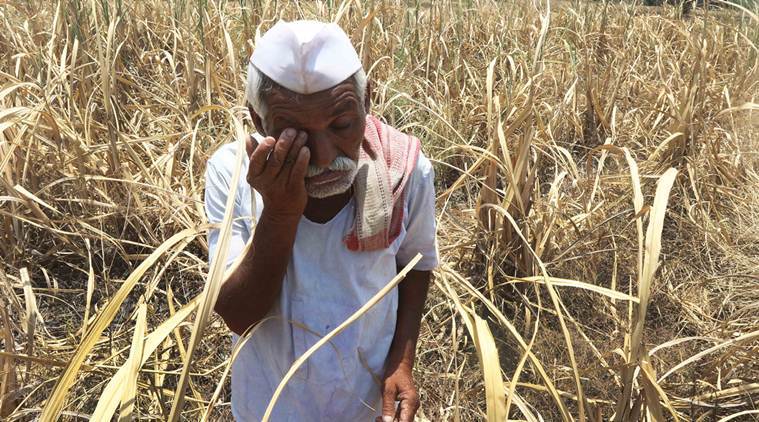Fields of ferment
Why assembly election verdicts should occasion a rethink on loan waivers, MSP raises

The results of the elections to state assemblies should be a humbling experience for the BJP. Political pundits have started analysing the verdict, since the reasons for the BJP’s defeat have important implications for the parliamentary election of 2019.
One factor that is being flagged by analysts is farm distress. Farmers across the country are not happy with what has happened to their incomes and this is increasingly getting reflected in their protests. The Union minister for agriculture had earlier described these protests, and farmers spilling milk and dumping onions on roads, as “political drama”. Any further denial of the ground reality will only result in heavy losses for the BJP in the Lok Sabha elections. Saner voices within the party — Nitin Gadkari, for example — have openly admitted that the farm crisis is a reality and drastic measures are needed to mend matters.
The government’s latest big ticket announcement on agriculture was that of MSPs of kharif crops at 50 per cent margin over cost A2+FL. But as I have written in several earlier pieces in this newspaper, market prices remain way below the MSP. The government is not capable of procuring large quantities of as many as 23 commodities for which the MSPs were announced. And therein lies the lesson for the BJP and Congress, as well as the farmer unions. Price policy has its limitations when it comes to augmenting farmers’ incomes. Higher MSPs, without an adequate procurement mechanism and storage and distribution facilities, will not solve the farmers’ problems. And, the government cannot procure all agri-commodities.
So, what are the alternatives? In the medium-term, large-scale agri-marketing reforms are needed — I had alluded to this requirement in ‘Quick fix for farmers’ (IE, December 10). Supply side reforms — including those pertaining to technological improvements and water management — to boost productivity in a sustainable manner will take time. But politicians don’t have that much time in the run-up to the parliamentary elections. They are likely to announce loan waiver schemes. So far, such schemes have been announced by individual state governments but the other states could follow suit soon, and this could cost the nation Rs 4 to 5 lakh crore. But that would only be a temporary relief to farmers, a sort of atonement for not carrying out reforms in agriculture. Systematic changes and a stable policy is the need of the hour







































No hay comentarios:
Publicar un comentario